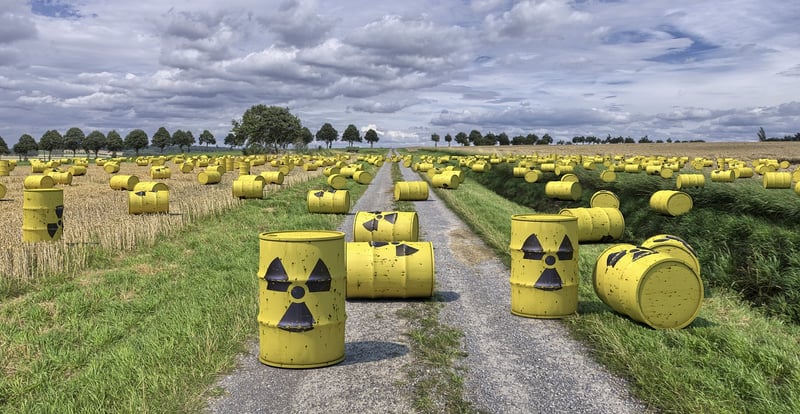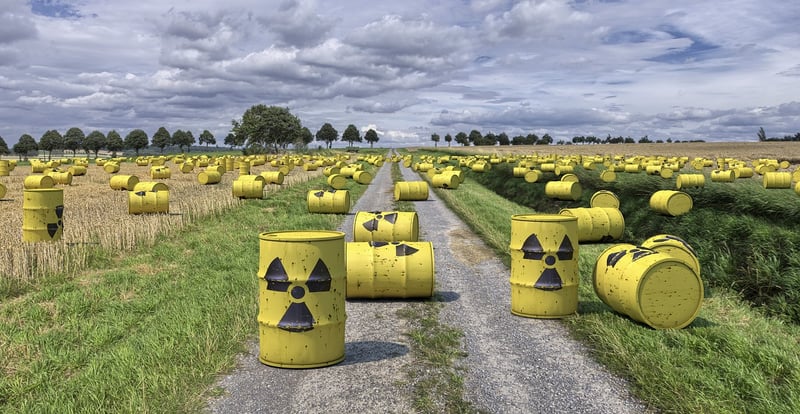Waste Reduction
#Circular Economy
#Resource Management
#Waste
Creating Value from Waste and Waste Reduction
The Importance of Waste Reduction
Waste reduction is a critical component of sustainable living and environmental conservation. By minimizing waste generation, we can reduce the strain on landfills, conserve natural resources, and decrease pollution levels.
Ways to Reduce Waste
- Practice recycling: Sort and recycle materials such as paper, glass, plastic, and metal to divert them from landfills.
- Compost organic waste: Turn food scraps and yard waste into nutrient-rich compost for gardens.
- Avoid single-use items: Opt for reusable alternatives like water bottles, shopping bags, and containers.
- Buy in bulk: Purchase products with minimal packaging to reduce waste from excess packaging materials.
- Donate or repurpose items: Give away or repurpose items you no longer need instead of throwing them away.
Creating Value from Waste
While waste reduction is crucial, finding ways to create value from waste can be equally impactful. Innovative solutions can turn waste into valuable resources, contributing to a circular economy.
Examples of Creating Value from Waste
- Upcycling: Repurposing old materials into new products with higher value.
- Energy Recovery: Converting waste materials into energy through processes like incineration or anaerobic digestion.
- Resource Recovery: Extracting valuable resources from waste, such as metals from electronic waste.
- Biodegradable Packaging: Using biodegradable materials for packaging to reduce environmental impact.
Conclusion
By combining waste reduction practices with innovative methods to create value from waste, individuals and businesses can contribute to a more sustainable future. Let's strive to minimize waste generation, recycle effectively, and explore opportunities to turn waste into valuable resources.


